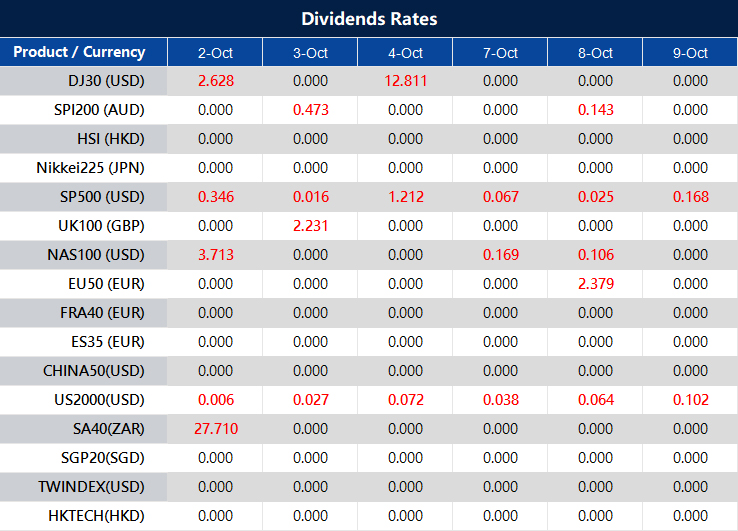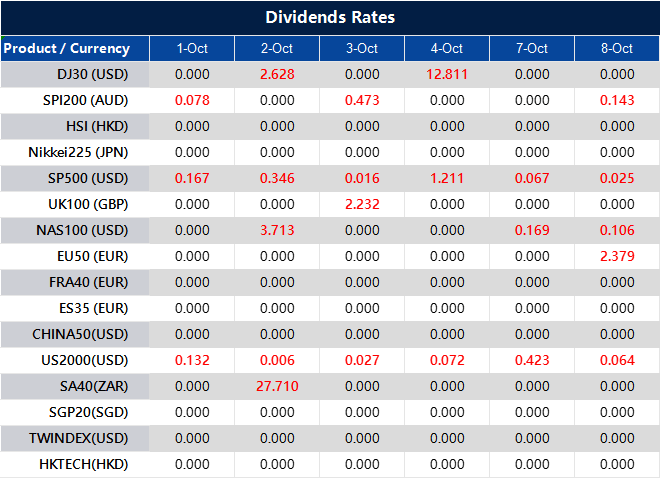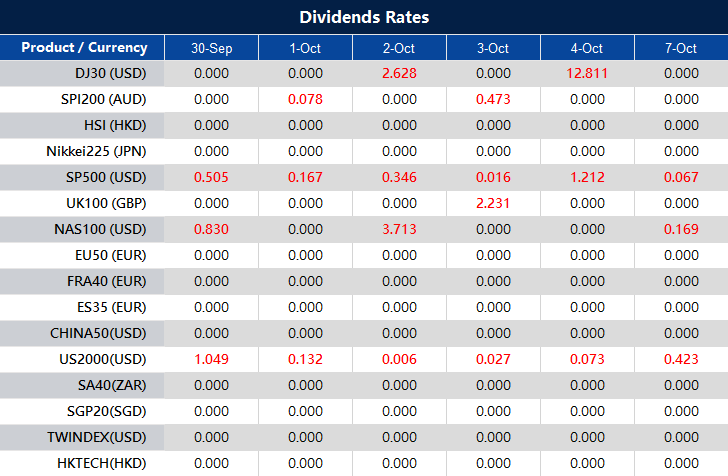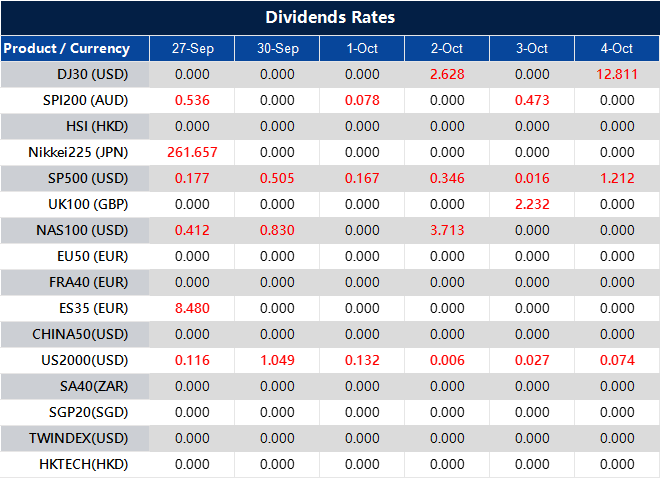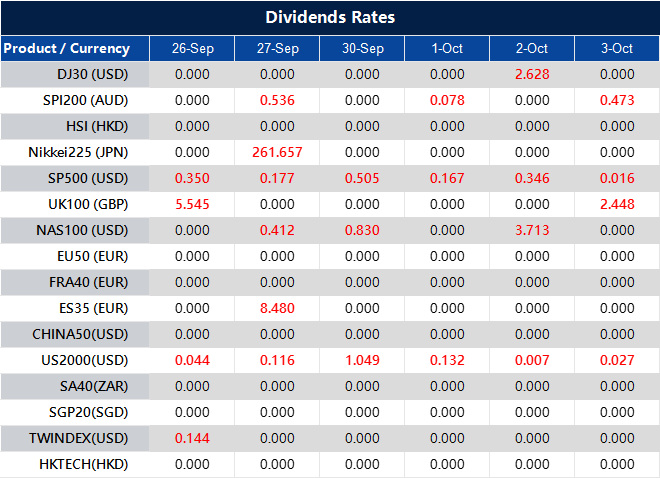Hong Kong Forex Market in 2024
The forex market in Hong Kong is a dynamic and growing powerhouse, maintaining its status as one of the world’s top forex trading hubs in 2024. With its strategic position, robust regulatory framework, and strong ties to China, Hong Kong continues to attract global investors and traders alike. In 2024, Hong Kong remains the fourth-largest foreign exchange center globally, following the United Kingdom, the United States, and Singapore. The city’s success in forex trading comes from its strong regulatory environment, international connectivity, and key role in China’s growing influence in global financial markets.
Daily Forex Trading Volume in 2024
In 2022, Hong Kong recorded an average daily turnover of $694.4 billion in foreign exchange trading(Bank for International Settlements). Fast forward to 2024, and this figure has grown even further, making Hong Kong a core player in the global forex landscape. With an impressive annual growth rate of 9.8% in forex trading volume from 2019 to 2022, it’s expected that the city’s daily trading volume continues to climb in 2024, especially with increased activity in currency swaps, forwards, and spot trading.
Why is Hong Kong’s Forex Market So Big?
Hong Kong’s forex market is driven by several key factors:
- Strategic Location: Positioned as the gateway to China, Hong Kong benefits from close ties with Mainland China while retaining a globally recognized financial regulatory system. This gives international traders confidence when accessing both Western and Asian markets.
- Robust Regulatory Environment: Hong Kong’s primary regulatory body, ensures that trading activity is conducted transparently and securely. This regulation attracts institutional investors and multinational corporations to trade with confidence.
- Currency Diversity: While the US dollar dominates most of Hong Kong’s forex trading (involved in over 75% of transactions), the Chinese renminbi (CNH) plays an increasingly vital role. Hong Kong is the world’s largest offshore renminbi trading center, making it pivotal for traders looking to participate in China’s economy.
- Global Connectivity: As a financial hub, Hong Kong bridges East and West. Its timezone, overlapping with European and Asian markets, gives traders the flexibility to engage in global trades more seamlessly. This geographical advantage makes Hong Kong an attractive location for forex trading.
Forex Trading Instruments in Hong Kong
Hong Kong offers traders access to a variety of forex instruments, including:
- Spot forex trading: Directly buying or selling currency pairs at current market prices.
- Forex swaps and forwards: Enabling traders to hedge or speculate on future currency movements. This sector has seen growth due to rising market volatility, offering better risk management options for institutional investors.
- Offshore renminbi trading (CNH): As China’s currency grows in global significance, Hong Kong plays a central role in its internationalization, offering an opportunity for traders to engage in CNH trades with confidence.
How Hong Kong Compares Globally in 2024
In 2024, Hong Kong’s forex market accounts for approximately 7% of the global forex turnover, cementing its place as a key player in the financial industry(
). This number underscores the city’s status as a forex giant, even as other financial centers like Singapore and Tokyo expand their influence.
Despite minor fluctuations in certain currency pair trading volumes (for example, the Hong Kong dollar’s slight dip in global market share from 3.5% to 2.6% in recent years(
)), Hong Kong continues to thrive due to its deep liquidity and strong institutional participation in forex trading. The demand for both speculative and hedging purposes remains strong, particularly from corporations seeking protection against currency volatility.
Hong Kong’s Role in the Offshore Renminbi Market
The Chinese renminbi continues to be a driving force behind Hong Kong’s forex market. In 2024, Hong Kong remains the world’s top destination for offshore renminbi (CNH) trading. Traders rely on Hong Kong’s market to execute transactions involving the Chinese yuan due to the region’s regulatory stability and its role as a financial gateway to Mainland China.
Hong Kong’s prominence in offshore renminbi transactions reflects China’s growing role in the global economy, where more international traders are looking to trade in renminbi. This growing demand for renminbi-based forex trading is one of the key reasons Hong Kong’s market has flourished in recent years.
FAQ For The Forex Market in Hong Kong
1. Why is Hong Kong such a strategic hub for forex trading?
Hong Kong’s location is key. Being situated between Europe and Asia allows traders to benefit from overlapping market hours, meaning you can trade almost 24/7. Additionally, its strong regulatory environment gives both institutional and retail traders confidence when trading here.
2. Can beginners participate in Hong Kong’s forex market?
Absolutely! Hong Kong’s forex market isn’t just for professionals. Many brokers offer beginner-friendly platforms, demo accounts, and educational resources. This way, you can practice risk-free and build your skills before diving into real trades.
3. What’s the role of offshore renminbi (CNH) trading in Hong Kong?
Hong Kong is the largest offshore trading hub for the Chinese renminbi (CNH). If you’re interested in trading the Chinese currency, Hong Kong is the best place to do it, offering opportunities to engage with China’s growing economy.
4. How does forex trading in Hong Kong differ from other global hubs?
While the basics of forex trading remain the same, Hong Kong stands out because of its proximity to Mainland China and its timezone advantage, which allows traders to overlap with both European and U.S. markets. Plus, it offers unmatched access to renminbi trading.
5. What should I watch out for when trading forex in Hong Kong?
Like any market, there are risks. Currency volatility can lead to losses, and leverage can amplify both profits and risks. Make sure to use proper risk management techniques like stop-loss orders, and stay informed about global economic events to avoid surprises.
6. Is forex trading in Hong Kong tax-free?
Yes, one of the perks of trading in Hong Kong is that there’s no capital gains tax on forex trading. That said, it’s always smart to consult a tax expert to ensure you’re following any necessary regulations.
7. What’s the best way to start trading in Hong Kong?
Start by choosing a regulated broker like VT Markets Hong Kong. Then, open a demo account to practice and educate yourself using broker resources. Once you feel confident, you can start trading with real money but always begin with low leverage and small positions.
Conclusion: The Future of Forex Trading in Hong Kong
As we move further into 2024, Hong Kong’s forex market shows no signs of slowing down. With its well-established infrastructure, regulatory excellence, and unique role as a gateway to China, the city is poised to continue growing as a global leader in foreign exchange trading. Whether you’re a seasoned trader or just starting, Hong Kong’s forex market provides immense opportunities to engage in a fast-paced and highly liquid trading environment.
Looking forward, Hong Kong is poised to remain a critical player in the global forex landscape. As demand for renminbi trading increases and the city strengthens its financial infrastructure, Hong Kong will continue to lead the way, offering unparalleled opportunities for traders and investors alike.
Trade with Confidence at VT Markets Hong Kong
Take advantage of Hong Kong’s booming forex market with VT Markets Hong Kong. Enjoy competitive spreads, fast execution, and advanced trading tools—all on a secure and regulated platform. Whether you’re new to trading or looking to expand your portfolio, VT Markets has everything you need to succeed.
Open your VT Markets account today and start trading like a pro in one of the world’s largest financial hubs.
